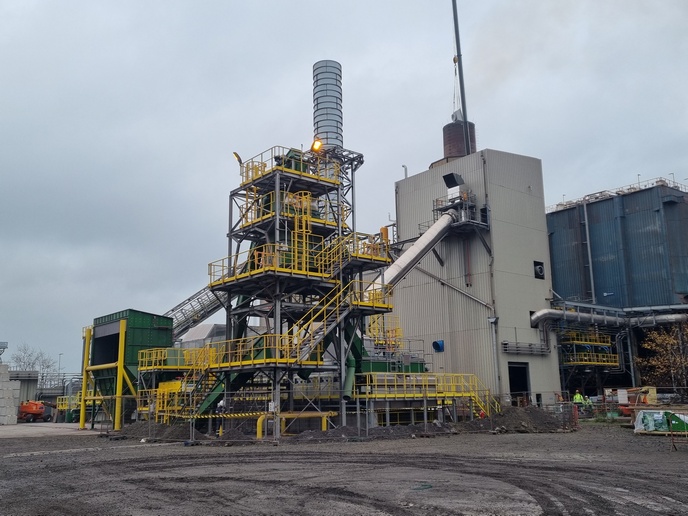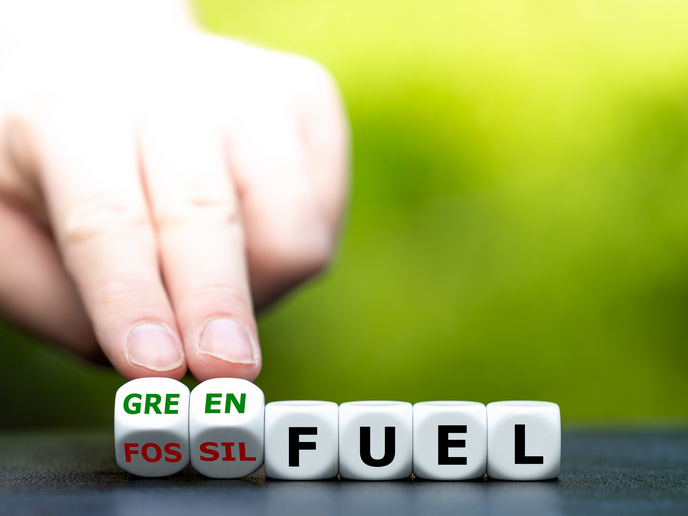Converting waste wood into biofuel from steelmaking
There is an urgent need to find green sources of energy and to reduce fossil fuel reliance. Waste wood, including demolition wood and waste furniture, is an untapped resource that could provide an alternative energy feedstock.
Production of biocoal from waste wood
The EU-funded Torero(opens in new window) project introduces a novel concept of using waste wood products that cannot be recycled and would otherwise be incinerated. The technology, developed and adapted by consortium partner TorrCoal(opens in new window), relies on torrefaction(opens in new window) – a thermochemical process that takes place at high temperatures (up to 350 oC) but in the presence of low oxygen, thereby decreasing the water and volatile content from biomass. “Torrefaction converts wood waste into biocoal, replacing fossil coal, which is one the main sources of greenhouse gas emissions in steel production,” explains Wim Van der Stricht, project coordinator and ArcelorMittal CTO. The innovation behind Torero is that the generated biocoal can be utilised to replace the fossil fuel within the blast furnace in steelmaking industrial installations. The waste wood is collected, appropriately processed, and submitted to torrefaction before it is transported to the blast furnace instead of fossil coal. In collaboration with the STEELANOL project, the waste gas emissions from the steelmaking plant by incorporating biocoal in the blast furnace can then be converted into bioethanol using a microbe-based fermentation process. Waste wood, in essence, therefore generates a competitive input feedstock for the production of a biofuel, thus creating an additional value chain in the transport sector.
Torero pilot plant
“Torero is an add-on technology that can be used to upgrade existing facilities of the steel sector, an industry that is actively scouting for technological solutions to make its production processes more sustainable,” emphasises Van der Stricht. The pilot was commissioned at the end of 2023 and the first batches of biocoal have been produced from waste wood. Production will be ramped to full capacity throughout the course of 2024 and is estimated to produce 37 500 tonnes of biocoal per reactor per year. Following plant and technological optimisation, this is expected to reach 50 000 tonnes per year by 2025, which translates into 150 000 tonnes less CO2 released into the atmosphere per year via the replacement of fossil coal with biocoal in the steelmaking process. Moreover, the fermentation process of steelmaking waste gases will produce 80 million litres of biofuel, which will also contribute to the reduction of greenhouse gas emissions.
Towards climate neutrality
Torero has connected several sectors, including the steel industry, the waste wood chain and the recycling waste industry, in the production of renewable fuels through its innovative technology. The consortium further envisages implementing the technology in other steel plants and expanding the feedstock from waste wood to other types of biomass and waste. Importantly, the Torero production process is compliant with the UN sustainability goals with respect to industrialisation and combatting climate change. In addition, it can help reduce net greenhouse gas emissions and meet the European Commission targets for advanced biofuels in the transport sector. Through a circular economy approach, it has the potential to support climate neutrality.







